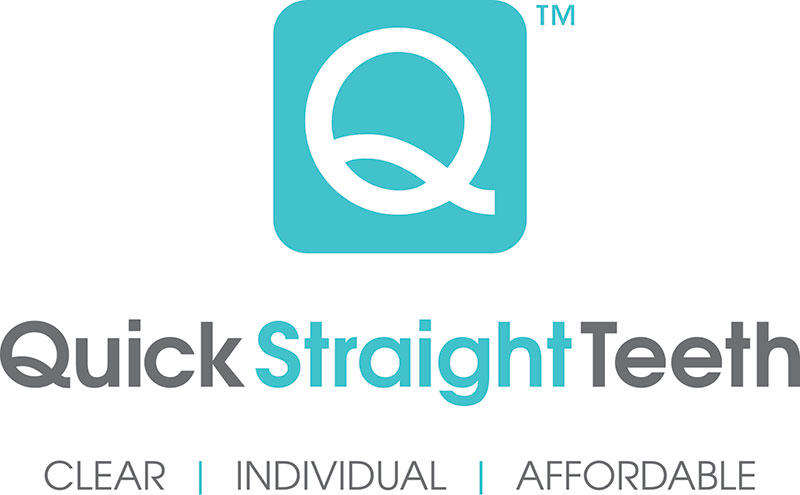What to Eat After Dental Implant Surgery?

Eating the right foods after dental implant surgery is vital for healing and comfort.In the first few days following your procedure, your mouth will be tender and your implant site will need time to begin healing properly. Choosing the correct diet reduces the risk of irritation, infection and implant failure.
Here’s a complete guide from Oldbury Smile Spa on what to eat (and avoid) after your dental implant procedure.
Table of Contents
Why Your Diet Matters After Implants
During the healing process, the gum tissue and bone around your new implant need time to stabilise. Hard or chewy foods can disturb the implant site, delay healing, or even dislodge the implant if not fully integrated.
A soft, nutritious diet protects the implant and promotes faster recovery.
Best Foods to Eat After Dental Implant Surgery
In the first 48–72 hours, focus on very soft or liquid foods. Gradually reintroduce slightly firmer textures as healing progresses (usually after the first week).
Timeframe | Recommended Foods |
Days 1–3 (Soft/Liquid) | – Smooth soups (lukewarm, not hot) – Mashed potatoes or vegetables – Yoghurts and smoothies – Protein shakes or meal replacements – Oatmeal or porridge – Applesauce – Scrambled eggs Pro Tip: Use a spoon, not a straw — suction can disturb the healing site. |
After Day 3 (Soft Solids) | – Soft pasta – Well-cooked rice – Soft fish (e.g. cod, tilapia) – Steamed or boiled vegetables – Cottage cheese – Tofu – Soft bread (no crusts) |
Foods to Avoid After Dental Implant Surgery
Stay away from anything that could damage the implant site or introduce infection:
Hard, crunchy foods (nuts, crisps, raw carrots)
Hard, crunchy foods (nuts, crisps, raw carrots)
Spicy or acidic foods that may irritate healing gums
Spicy or acidic foods that may irritate healing gums
Chewy or sticky items (gum, caramel, chewy bread)
Chewy or sticky items (gum, caramel, chewy bread)
Very hot drinks or foods — they can increase bleeding
Very hot drinks or foods — they can increase bleeding
Alcohol and smoking — both delay healing and increase failure risk
Alcohol and smoking — both delay healing and increase failure risk
Hydration and Nutrition Tips

Drink plenty of water
hydration aids healing
Avoid straws
can cause suction and disturb clotting
Keep food lukewarm
hot foods may slow healing
Eat nutrient-rich foods
vitamins A, C and protein are key to tissue repair
How Long Should You Stay on a Soft Food Diet?
Most patients stay on soft foods for 7 to 10 days after surgery, depending on how many implants were placed and the complexity of the procedure.
Your Oldbury implant dentist will give you personalised aftercare instructions, including when you can return to normal eating.
Eat Well, Heal Faster
Your food choices matter after dental implant surgery.
A soft, nutrient-rich diet helps protect the implant, reduces discomfort and supports faster recovery.
Need more personalised advice? Book your implant aftercare check-up with our expert team at Oldbury Smile Spa — we’re here to guide you every step of the way.











